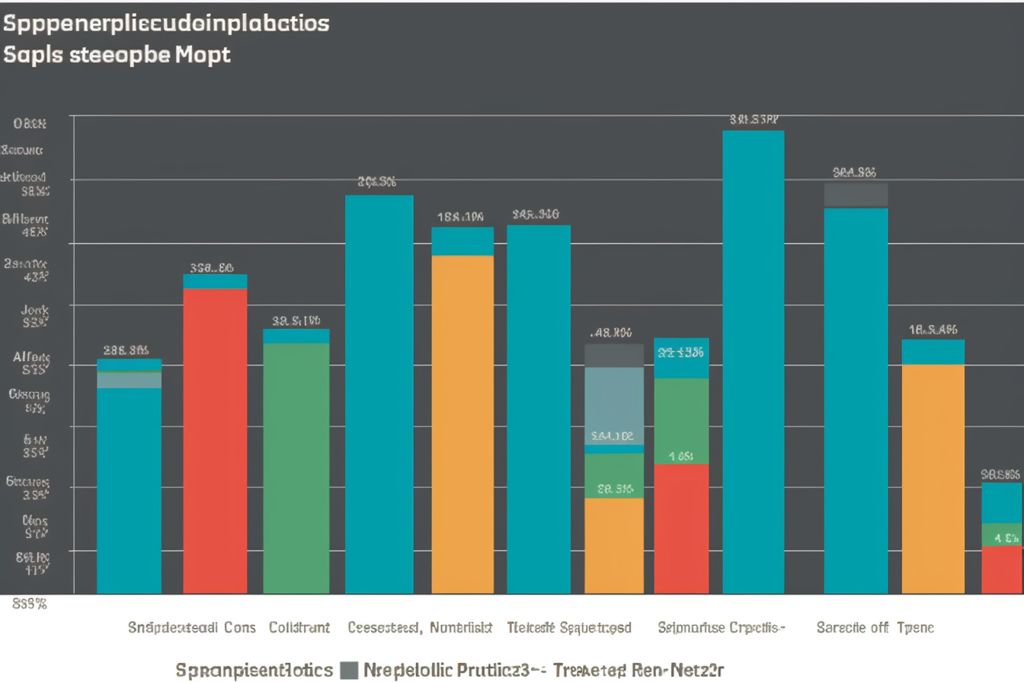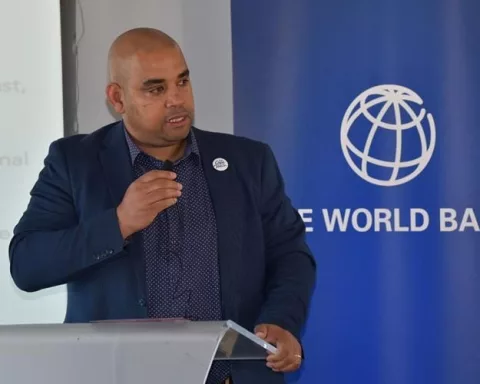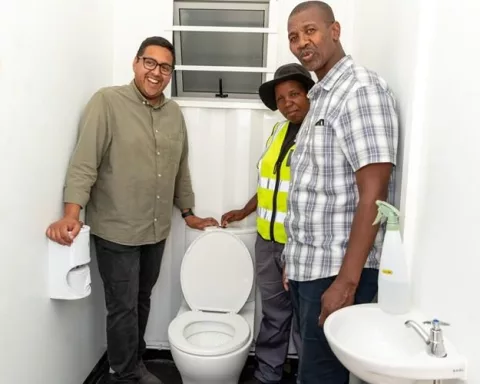The National Treasury has recently released its comprehensive local government revenue and expenditure report for the third quarter of the 2022/23 financial year. This analysis provides an overview of the performance of local governments against adjusted budgets, including conditional grant allocations, up to 31 March 2023.
In-Year Management, Monitoring, and Reporting System for Local Government (IYM)
The report highlights the use of the In-year Management, Monitoring, and Reporting System for Local Government (IYM), which allows for effective oversight of municipalities and identification of potential challenges in implementing municipal budgets and grants. Despite concerns over the reliability of the data, measures are being taken to improve its credibility.
Key Trends
As of 31 March 2023, municipalities spent 61.8% (R350 billion) of the total adjusted expenditure budget of R566 billion. The financial situation of municipalities continues to evolve, with some key trends emerging:
- Aggregate operating expenditure reached R319.7 billion (64.6%) of the adjusted operating expenditure budget of R494.7 billion.
- Salaries and wages accounted for 20.2% of the total adjusted operational expenditure budget, with spending at R99.9 billion (68.8%) by 31 March 2023.
- Capital spending amounted to 43.6% (R30.3 billion) of the adjusted capital budget of R71.3 billion.
- Aggregated year-to-date operating expenditure for metros was R198.4 billion (69.9%) of their adjusted operating budget of R291.9 billion; capital budget expenditure for metros reached R13.6 billion (44.2%).
- Secondary cities’ total revenue was R52.6 billion (65.9%) of their total adjusted revenue budget of R79.9 billion for the 2022/23 financial year, showing an average decrease of 8.2% compared to the same period in 2022/23.
Billed Revenue for Core Services
The report also provides insight into the performance of billed revenue for core services. The aggregated revenue for secondary cities was 65.9% (R52.6 billion) of the total adjusted revenue budget of R79.9 billion. Additionally, municipalities owed their creditors R85.7 billion as of 31 March 2023, indicating potential liquidity and cash challenges affecting the settlement of outstanding debts.
Conditional Grants
The report also includes an overview of grant funding performance and various adjustments to baseline allocations approved during the 2022/23 financial year. Municipalities reported an expenditure of 32.3% against the R43.7 billion transferred to them in the third quarter. However, only 54.4% expenditure was reported against the Municipal Infrastructure Grant (MIG), which benefits over 200 municipalities across the country.
Improving Data String Credibility
National and provincial treasuries are prioritizing the improvement of data string credibility. They analyze submitted data strings monthly and communicate any errors to municipalities for correction.
This report serves as a crucial management tool and early warning mechanism for councils, provincial legislatures, and municipal management to monitor and improve municipal performance in a timely manner.












